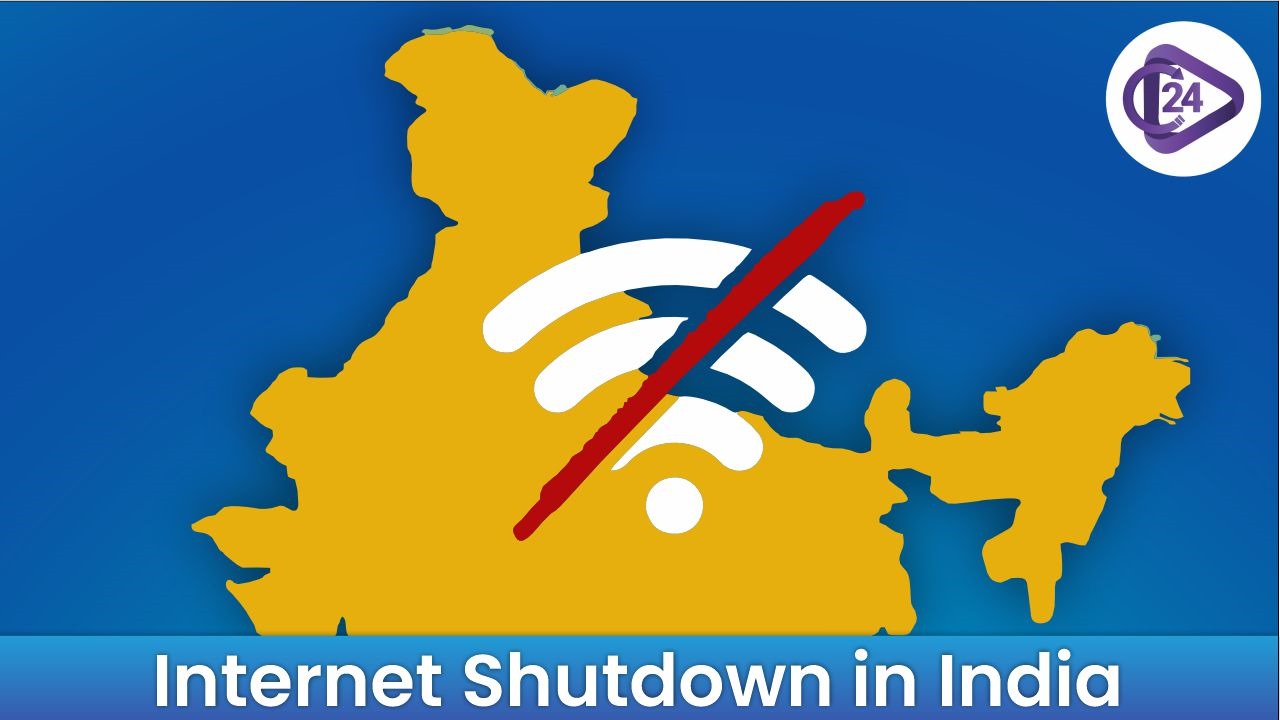
India has experienced more than 500 cases of internet shutdowns this year. In 2023, 13 States and Union Territories had shutdowns, out of which seven had disrupted internet five or more times. Longer shutdowns that lasted for over five days increased significantly from 15 percent of the total shutdowns recorded in 2022 to 41.2 percent in 2023.The Union Government told the Supreme Court that the Central Government has written letters to all the state Chief Secretaries regarding the law which has been set by the Supreme Court in the Anuradha Bhasin V. The case of Union of India is an apt reference on the matter concerning internet shutdowns.
Legal Provisions Regarding Internet Blackout
-
Grounds: Indian States and Union Territories can put restriction to Internet only in cases of ‘public emergency’ or ‘in the interest of public safety’ as provided under Section 144 of the Indian Telegraph Act.
-
However, it does not specify what constitutes as an emergency or a safety problem.
-
Until the year 2017, lockouts were implemented primarily under Section 144 of the CrPC or the Indian Penal Code (IPC).
-
It provided power to the police and the District Magistrate under section 144 of CrPC to prevent the assembly of individuals causing unlawful assembly and also to order any person to cease certain activity.
-
But in 2017, there was a change in the law and the Government came up with the Temporary Suspension of Telecom Services (Public Emergency or Public Safety) Rule 2017.
-
They are making sure that the process is transparent, reconsidering the shutdown after the first 48 hours, and allowing the people to appeal against the shutdown.
Anuradha Bhasin v. Union of India Case:
-
In 2020 the Supreme Court making a constitutional full stop while considering the cases relating to the Jammu and Kashmir Internet shutdown holding the it is unconstitutional for the State to impose an internet shutdown.
-
The apex Court also said that section 144 cannot be applied for not allowing genuine protest that is allowed under the constitution.
-
Section 144, for example, has very narrow confines repeat by those confines can a Magistrate make those orders.
Key Highlights of the orders:
-
The Internet is a Fundamental Right under the Indian Constitution and found under Article 19.
-
The Internet can shut down for a specific interval but not for an unspecified time.
-
All orders which are passed exposing restrictions under section 144 will be published by the government.
-
The Court has also held that any order concerning Internet Shutdowns will attract Judicial Review.
Benefits:
Certain benefits have been forwarded by the Government in support of the internet shutdown.
-
National Security: The government shuts down the internet temporarily and specifically in an effort to curb the spread of fake news or organize unlawful activities as well as other security concerns.
-
Temporary and Targeted Measures: The measures are specific, targeted, and are not conceived of as permanent disruptions of the internet.
-
These steps are not aimed at denying long-term access but rather at meeting specific and short-term needs.
-
Preventing Unrest and Violence: Pausing contact prevents coordinating protests, riots, or other instances of civil unrest to occur.
-
Counteracting Fake News and Disinformation: In this regard, it has been found that false information posted on the Internet during a crisis or during conflict will amplify the conflict and fuel misreporting.
Criticism:
Reasons in Opposition to the Internet Shutdown by the Government
-
Impact on Freedom of Expression: Internet shutdowns deny free speech which is a constitutional right in India.
-
Global Image and Investment: Inability to access the internet does affect the image of India across the world, thus.reverse negative sentiment among investors.
-
Human Rights Concerns: Internet shutdowns cause human rights, such as the right to information, freedom of speech, and the right to assembly.
-
Economic Disruptions: Indian internet economy is one of the fastest growing and the adverse effects of internet shutdowns show substantial negative impact in terms of money.
-
Educational Challenges: As education shifts to online, evidently internet restrictions significantly hinder students from accessing study materials, classes, as well as contacting instructors.
-
Lack of Transparency: In particular, the government has to explain such actions and be as open as possible regarding the time and the rationale for the shutdown.
Conclusion
-
In a democracy, government is supposed to give a reason as to why it has to interfere with internet services on a rotational basis.
-
Lack of selectiveness in implementation has serious social and economic implications and the measures do not tend to work.
-
In view of improving internet governance in India the civil society needs to advocate for a more responsive system.



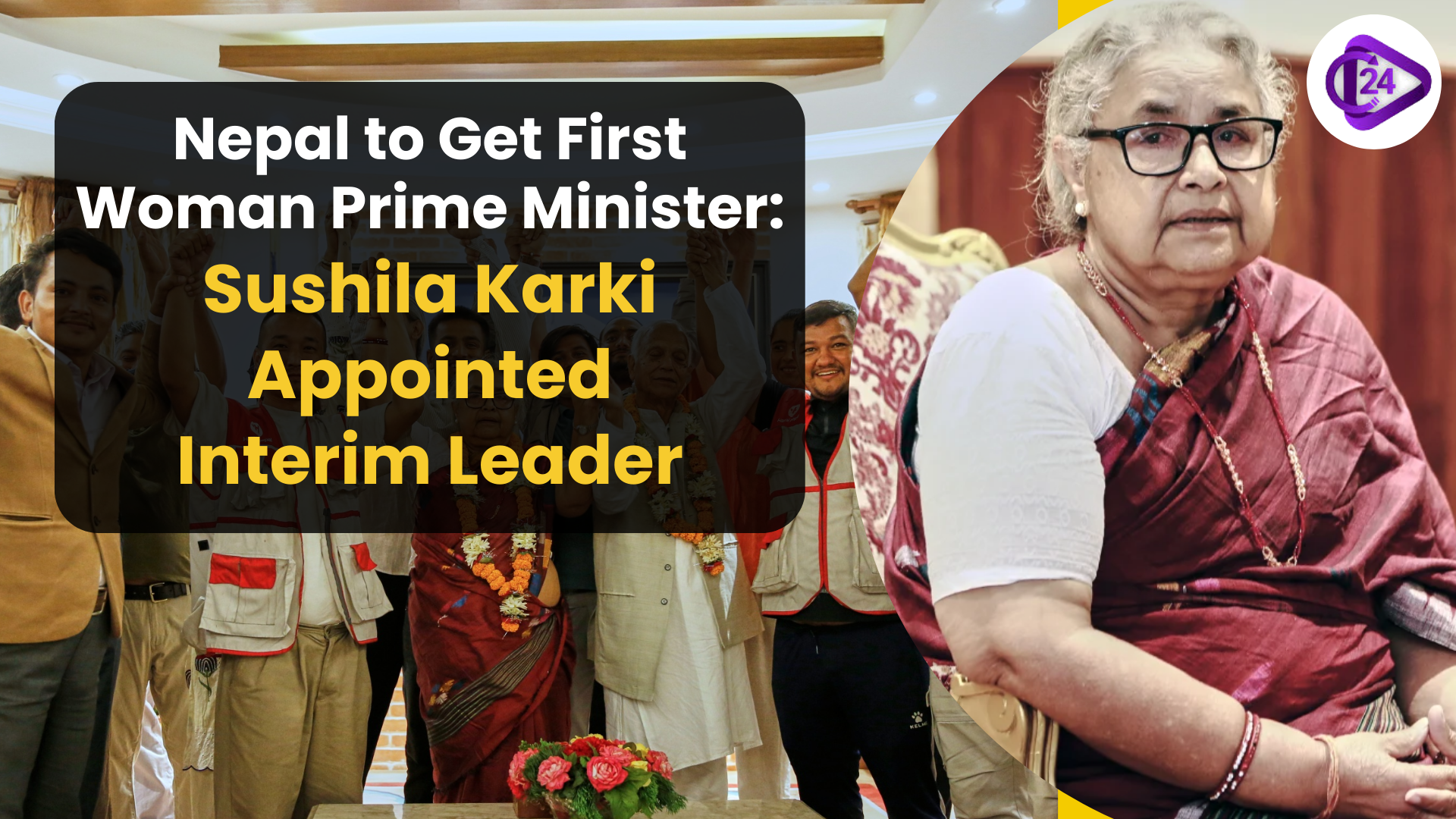 Nepal to Get First Woman Prime Minister: Sushila Karki Appointed Interim Leader
Nepal to Get First Woman Prime Minister: Sushila Karki Appointed Interim Leader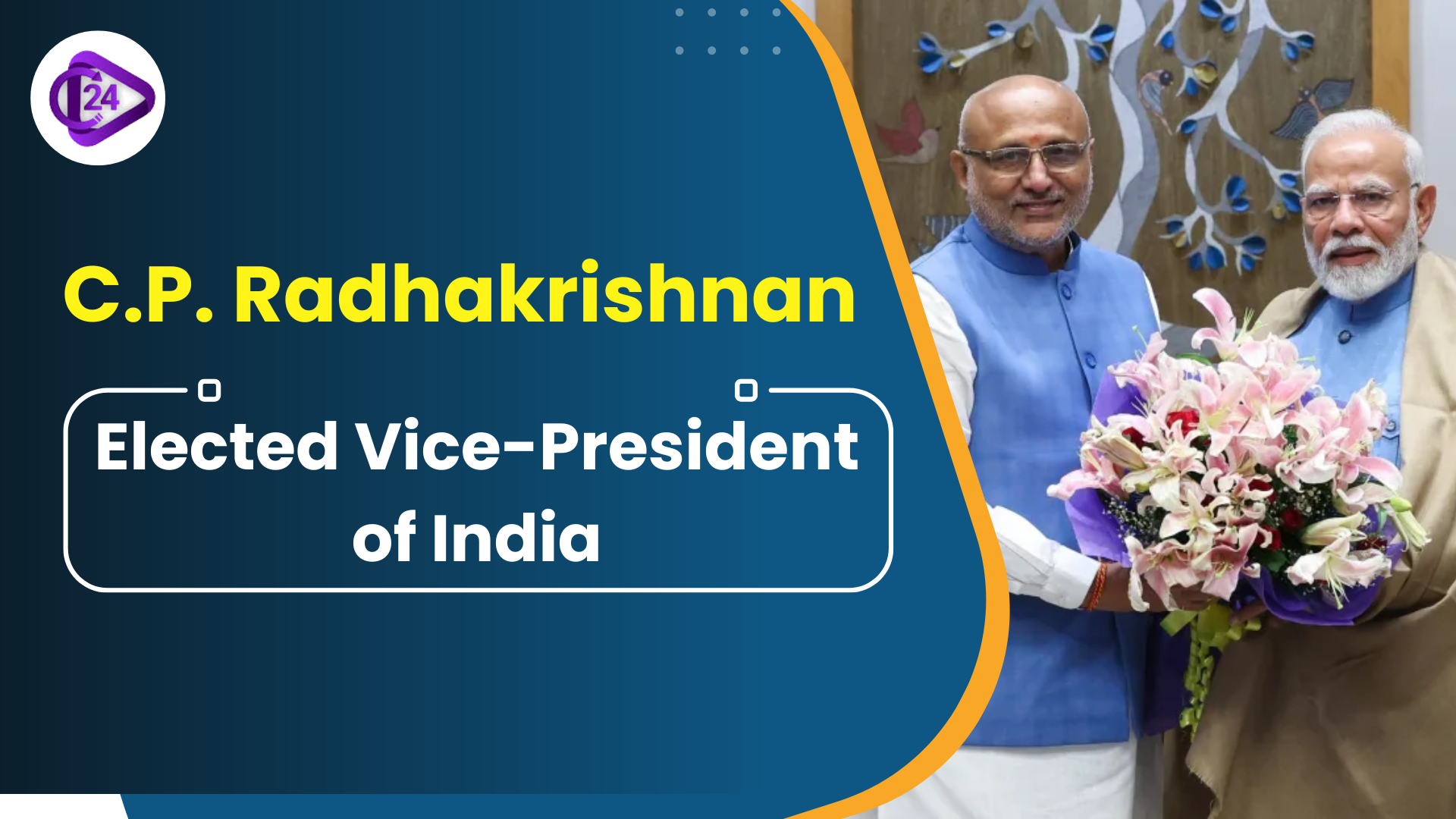 C.P. Radhakrishnan Elected Vice-President of India
C.P. Radhakrishnan Elected Vice-President of India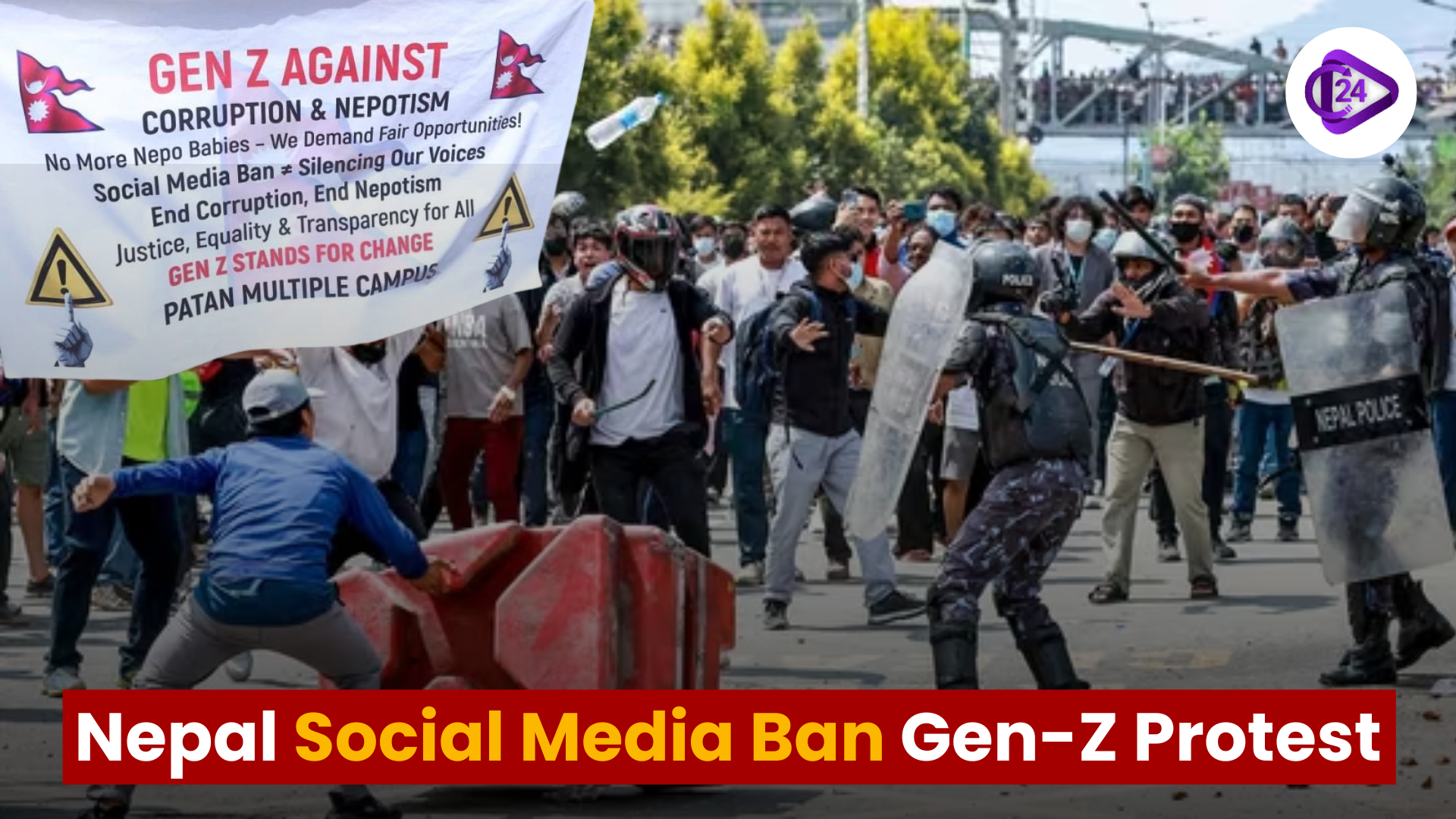 Nepal Social Media Ban Triggers Mass Gen-Z Protests
Nepal Social Media Ban Triggers Mass Gen-Z Protests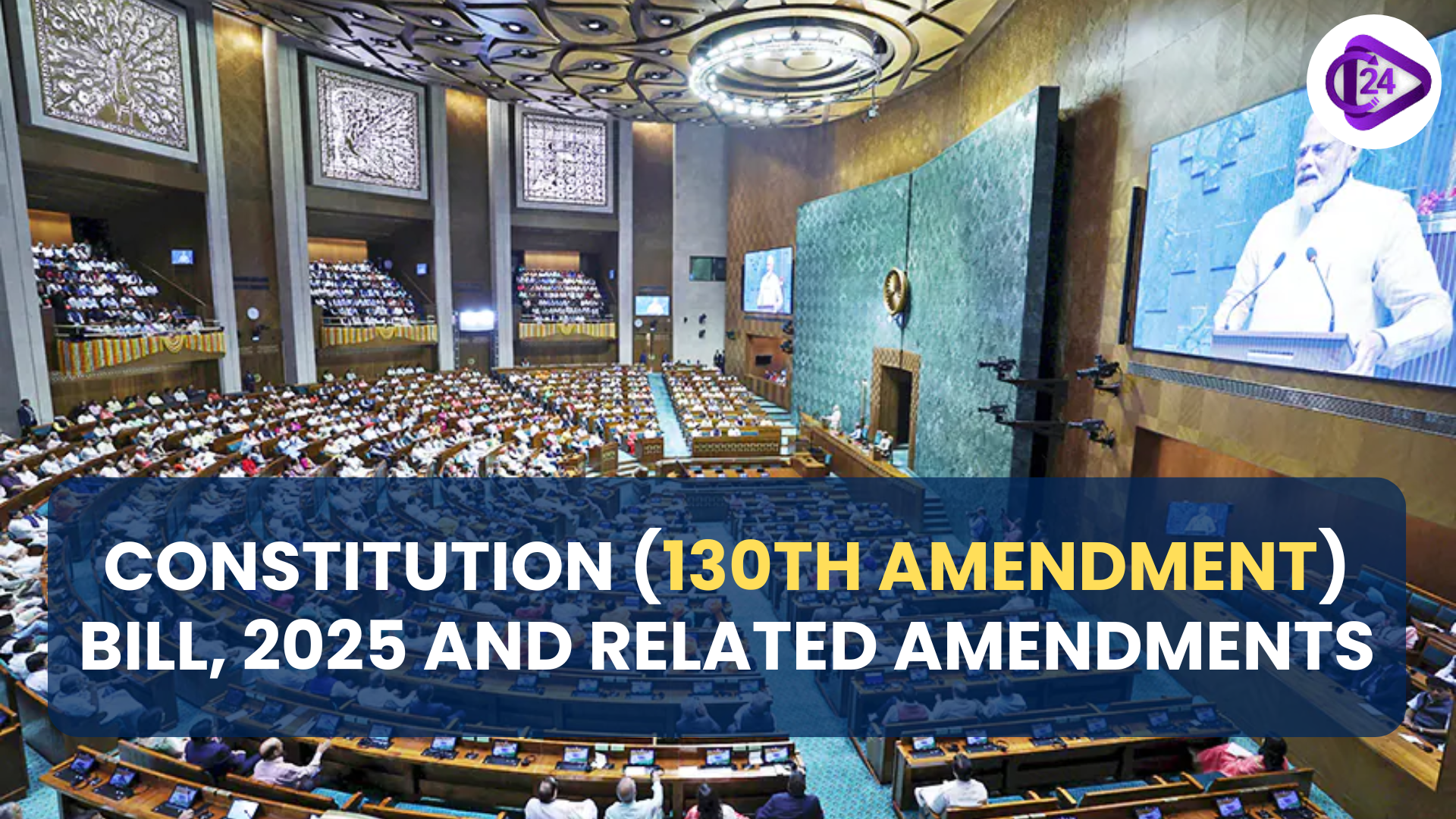 Constitution (130th Amendment) Bill, 2025 and Related Legislations
Constitution (130th Amendment) Bill, 2025 and Related Legislations The Role of Preventive Health Screenings in Achieving a Healthier India
The Role of Preventive Health Screenings in Achieving a Healthier India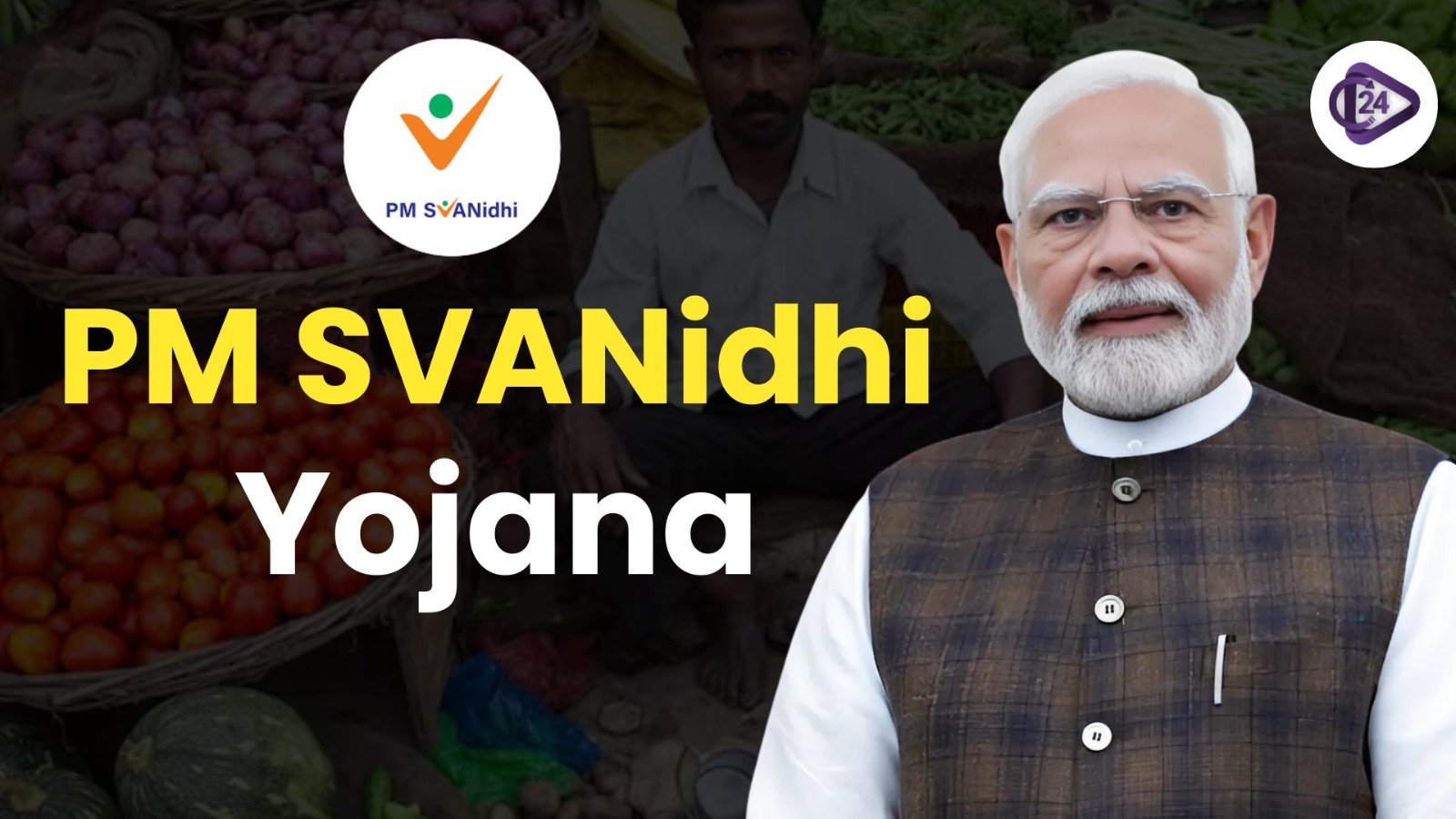 PM SVANidhi Yojana: Empowering Street Vendors with Financial Inclusion
PM SVANidhi Yojana: Empowering Street Vendors with Financial Inclusion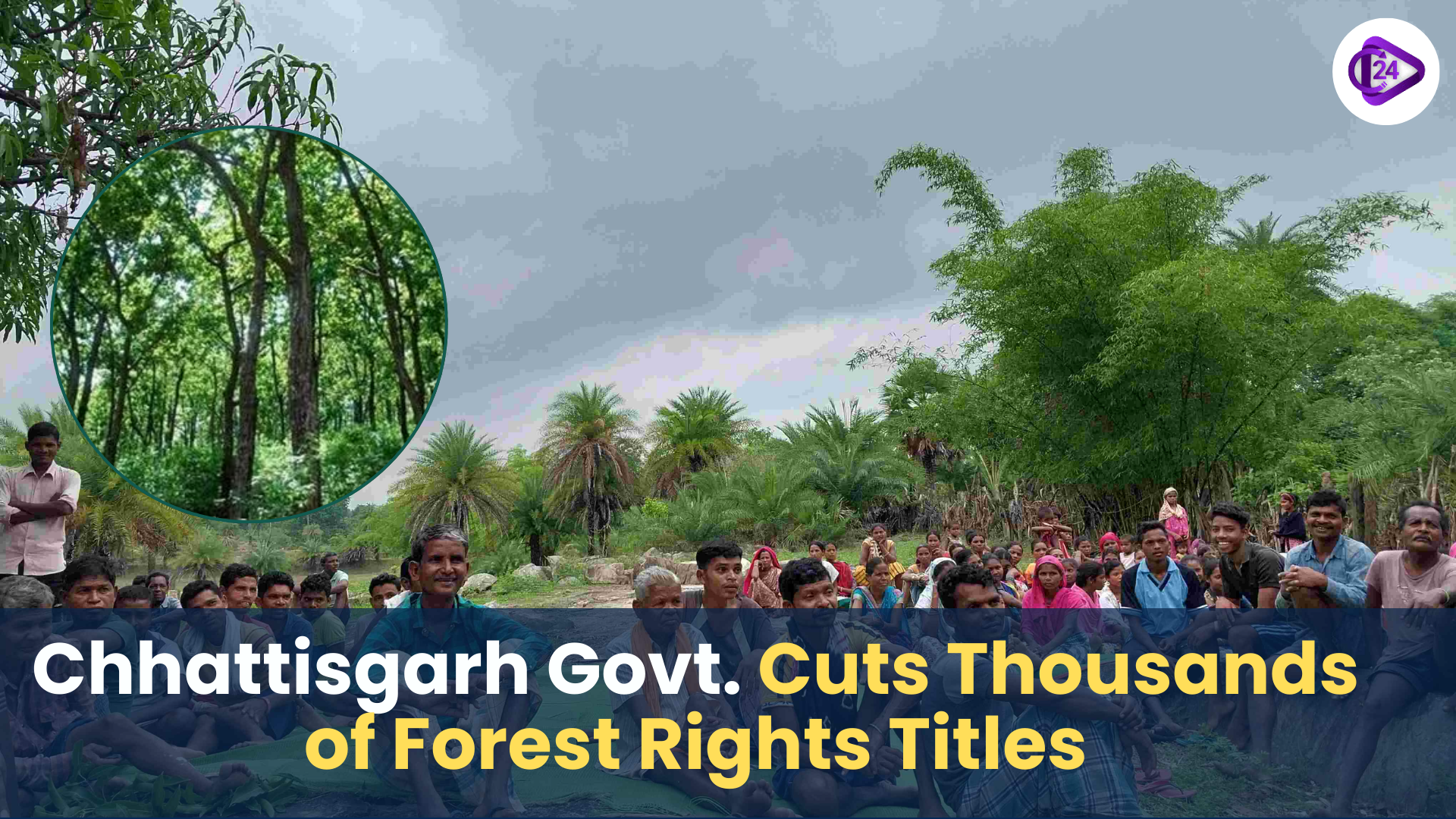 Chhattisgarh Govt. Cuts Thousands of Forest Rights Titles
Chhattisgarh Govt. Cuts Thousands of Forest Rights Titles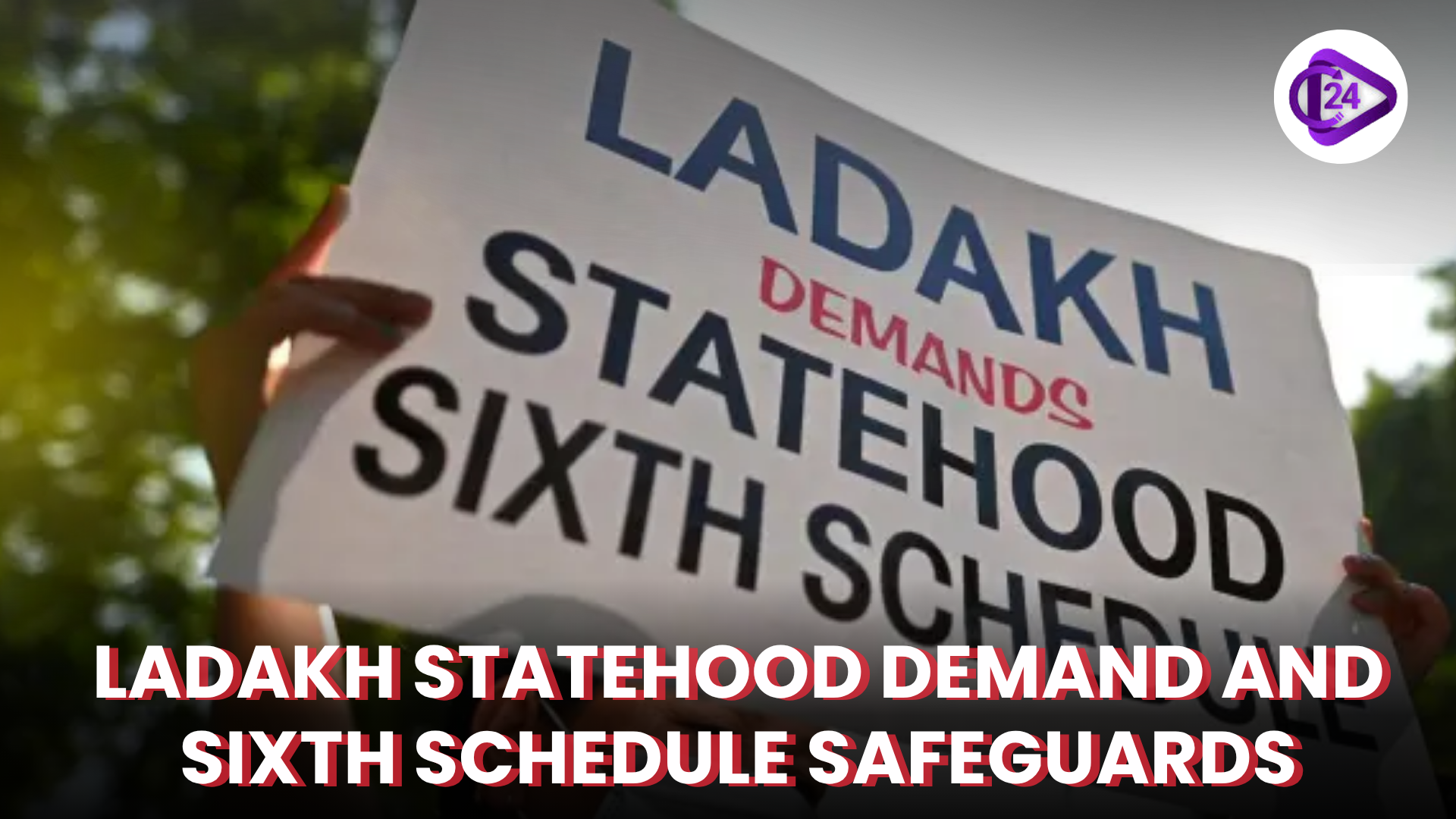 Ladakh Statehood & Sixth Schedule Demand Intensifies
Ladakh Statehood & Sixth Schedule Demand Intensifies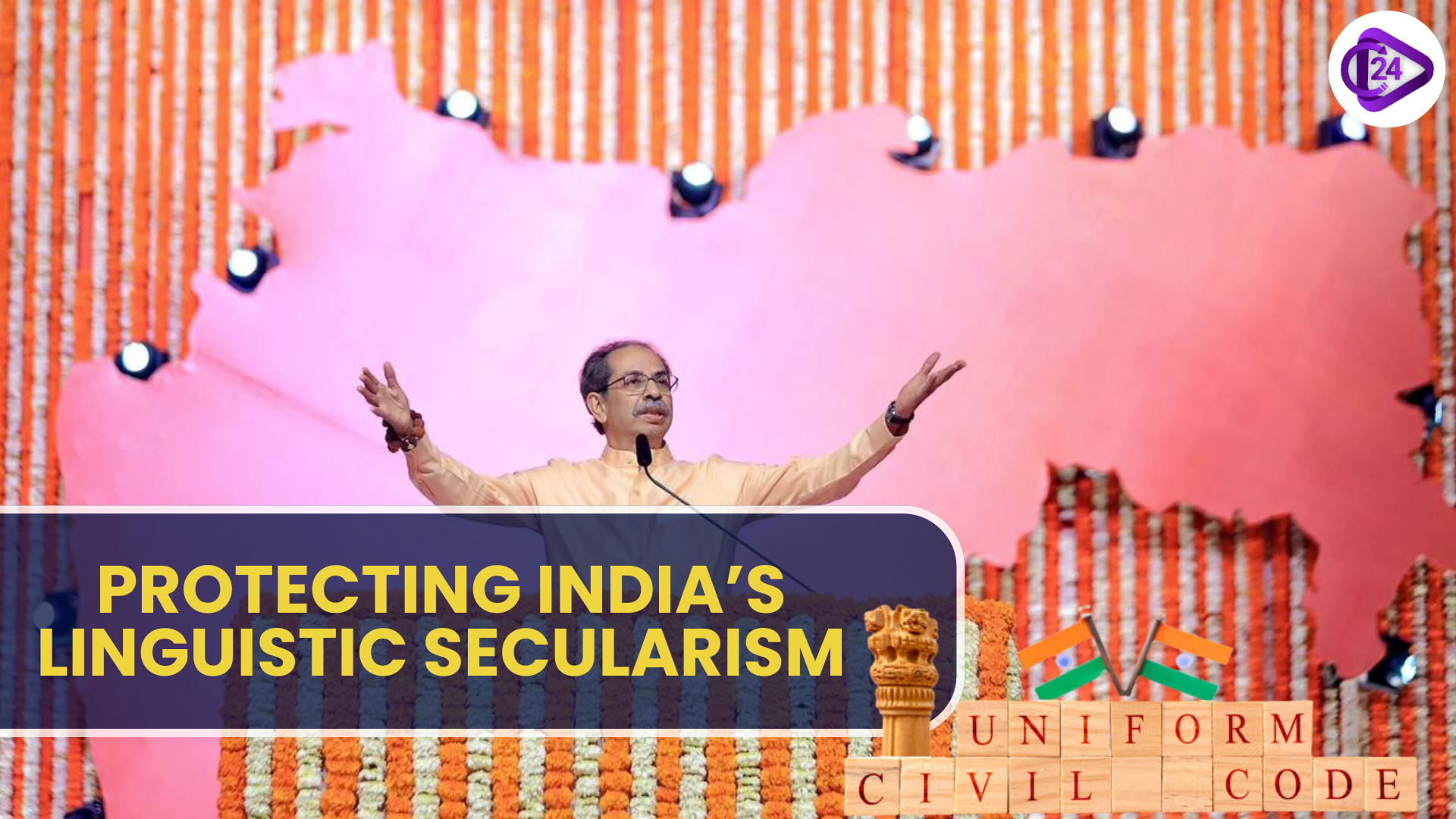 The Need to Protect India’s Linguistic Secularism: Safeguarding Unity in Diversity
The Need to Protect India’s Linguistic Secularism: Safeguarding Unity in Diversity






